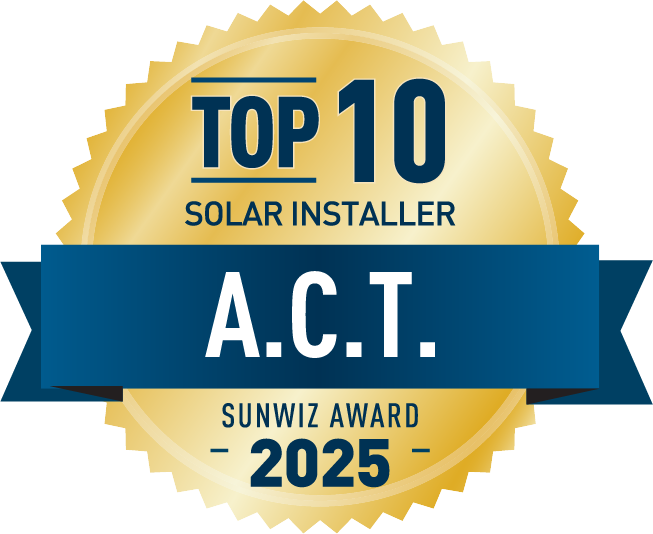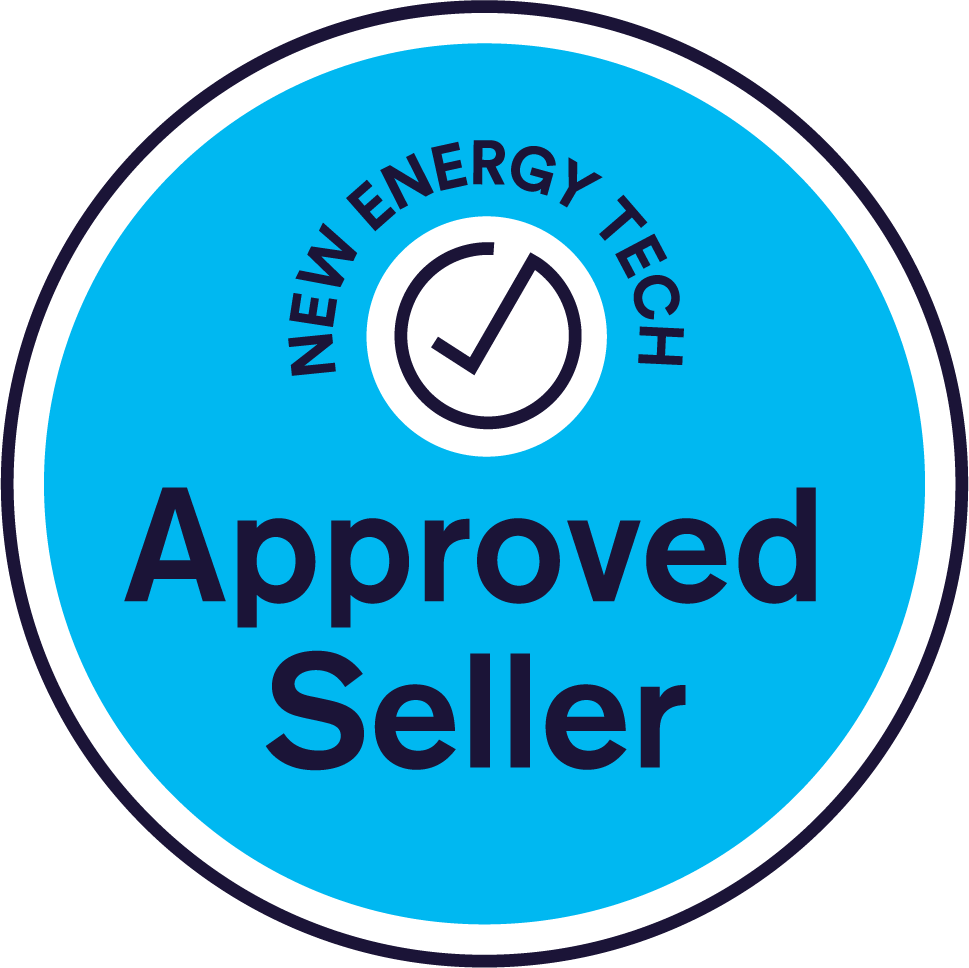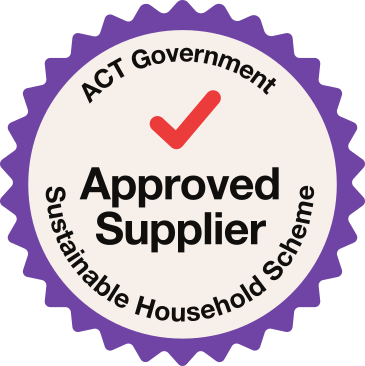Solar power can run various appliances such as lights, fans, refrigerators, and televisions. These appliances can be powered by solar energy, reducing reliance on the traditional electricity grid.
As awareness of environmental sustainability grows, there is an increasing interest in the use of solar power to run household appliances. Solar energy is a renewable and efficient source of power that can be utilized to operate a wide range of devices.
From small items like lights and fans to larger appliances like refrigerators and televisions, solar power provides a clean and cost-effective alternative.
We will explore the various appliances that can be effectively operated using solar power, highlighting the benefits and considerations associated with this eco-friendly energy source.
Appliance Compatibility With Solar Power
Different appliances have varying power demands, and this plays a crucial role in their compatibility with solar energy. Devices with higher energy consumption may require more extensive solar systems to accommodate their power needs.
By assessing the energy usage of each appliance, you can identify which ones are suitable for solar power integration.
The Role Of Inverters In Powering Appliances
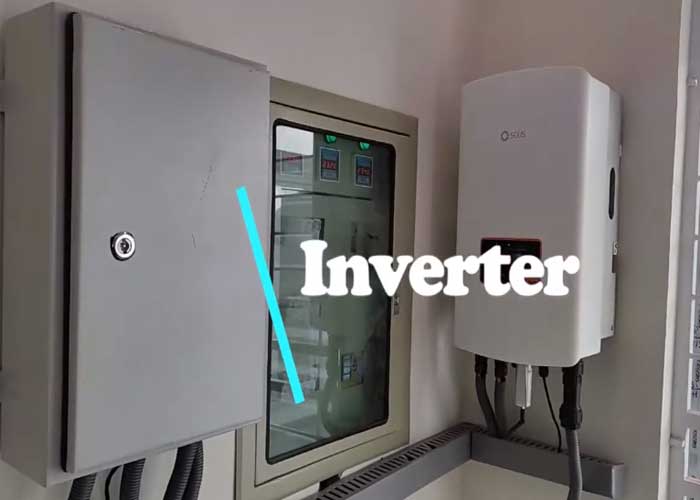
Inverters play a pivotal role in converting the direct current (DC) electricity generated by solar panels into alternating current (AC) electricity used by most household appliances.
The compatibility of appliances with solar power is closely linked to the type and capacity of inverters installed in your solar system. Here, you will need to figure out how micro inverters function in converting and supplying power to appliances.
Daylight Dependents: Solar-driven Devices
Solar power is a sustainable and renewable energy source that is becoming increasingly popular for powering various appliances and devices. From small-scale gadgets to larger electronic equipment, many devices can be powered by solar energy, reducing the dependency on traditional electricity sources. Daylight-dependent devices, often driven by solar power, are an eco-friendly and cost-effective option for homes, offices, and outdoor use.
Small Scale Gadgets And Electronics
Small-scale gadgets and electronics are well-suited for solar energy. Devices such as solar-powered calculators, flashlights, and outdoor lighting fixtures are designed to operate using solar panels. These compact tools are ideal for off-grid locations, camping trips, or emergency situations. Solar-powered chargers for mobile devices and solar-powered speakers are also gaining popularity due to their convenience and environmentally friendly operation.
The Impact Of Continuous Sun Exposure
Continuous sun exposure plays a crucial role in the effectiveness of solar-driven devices. Solar water heaters and solar ovens, for example, rely on sustained exposure to sunlight to generate heat for water heating and cooking, respectively. Additionally, solar-powered outdoor surveillance systems and garden irrigation systems require uninterrupted sunlight to maintain their functionality. The impact of continuous sun exposure on these devices is a key consideration for their installation and reliable operation.
Solar Power For Major Home Appliances
With the increasing focus on sustainable and renewable energy sources, solar power has gained significant popularity as an alternative power solution for various home appliances. Solar panels converting sunlight into electricity can power a wide range of devices, reducing reliance on traditional electrical grid supply. Let’s delve into how major home appliances can harness the power of sunlight and operate efficiently.
Solar-compatible Refrigerators And Freezers
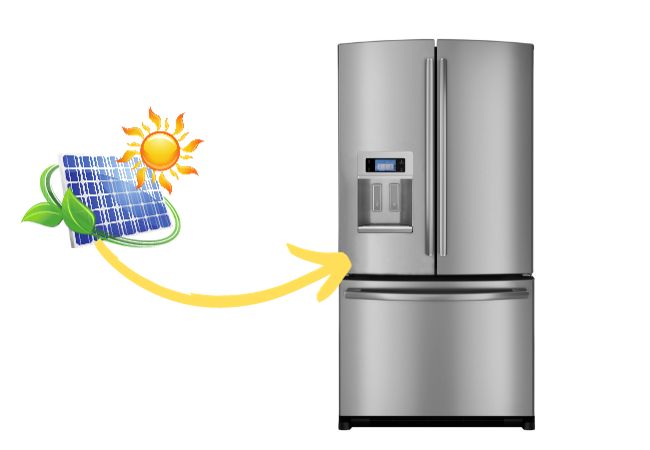
Solar-compatible refrigerators and freezers are designed to operate using solar energy, making them ideal for off-grid living, remote locations, and eco-conscious households.
These appliances are equipped with highly efficient compressors and insulation to ensure minimal energy consumption.
Solar-powered refrigerators and freezers are available in various sizes and configurations, offering convenient and sustainable food storage solutions.
Washing Machines Running On Solar Energy
Washing machines running on solar energy provide a greener approach to laundry tasks. Solar-powered washing machines utilize energy from solar panels to power their motors and functions, reducing reliance on traditional electricity. These appliances contribute to energy savings and environmental sustainability, offering a practical and eco-friendly laundry solution.
Ensuring A Steady Supply: Solar With Storage
Ensuring a steady supply of power from solar energy is essential for running appliances consistently. One effective way to achieve this is by incorporating a solar power system with storage capabilities. This approach allows for the collection and storage of excess energy during peak sun hours, providing a reliable power source even when the sun isn't shining. Let's explore the components and strategies involved in ensuring a stable energy supply through solar with storage.
Battery Storage Solutions For Appliances
One crucial aspect of maintaining a steady power supply with solar energy involves the implementation of effective battery storage solutions. Battery storage systems enable the capture and storage of surplus energy generated from solar panels, ensuring a reliable source of power during periods of low sunlight or at night. Lithium-ion batteries, for example, are commonly used for storing solar energy due to their efficiency and longevity. By integrating these storage solutions, households can power appliances consistently, independent of external factors.
Balancing Solar Production And Appliance Use
Optimizing solar production and appliance usage is pivotal in maintaining a stable energy supply. Smart energy management systems can be employed to regulate the distribution of solar energy to appliances, ensuring efficient utilization while maintaining a consistent power reserve. Additionally, implementing energy-efficient appliances can further enhance the balance between solar production and appliance use, reducing overall energy demand and maximizing the use of stored solar power.
Heating And Cooling On Solar Power
When it comes to harnessing solar power for heating and cooling, the options are becoming increasingly diverse and efficient. With technological advancements, many appliances can now run on solar energy, offering eco-friendly and cost-effective solutions for keeping your home comfortable. Let’s explore some of the heating and cooling appliances that can be powered by solar energy.
Solar Air Conditioners And Fans
Solar air conditioners and fans are game-changers when it comes to cooling your home while minimizing energy costs. By harnessing the power of the sun, these appliances can provide a cool breeze in the warmer months without relying on traditional electricity sources. Solar air conditioners operate using photovoltaic (PV) panels to convert sunlight into electricity, which powers the cooling system. On the other hand, solar fans can be directly linked to solar panels or batteries, offering a sustainable way to circulate air and reduce reliance on grid power.
Water Heaters Reliant On Solar Energy
Embracing solar energy for your water heating needs can lead to substantial cost savings and reduce your carbon footprint. Solar water heaters utilize the sun’s energy to heat water for residential or commercial use.
These systems typically consist of solar collectors, a storage tank, and circulation systems. There are two main types of solar water heaters: passive and active.
A passive solar water heater relies on natural convection to circulate water, while an active solar water heater employs pumps or controllers for optimal operation. By integrating solar water heating into your home, you can enjoy hot water while lessening your environmental impact.
Conclusion
Solar power can efficiently run a variety of appliances, including refrigerators, lights, and even heating systems. The use of solar energy not only reduces electricity bills but also contributes to a sustainable, eco-friendly lifestyle. As technology advances, more appliances are likely to become compatible with solar power, making it an increasingly viable and practical option for homeowners.
